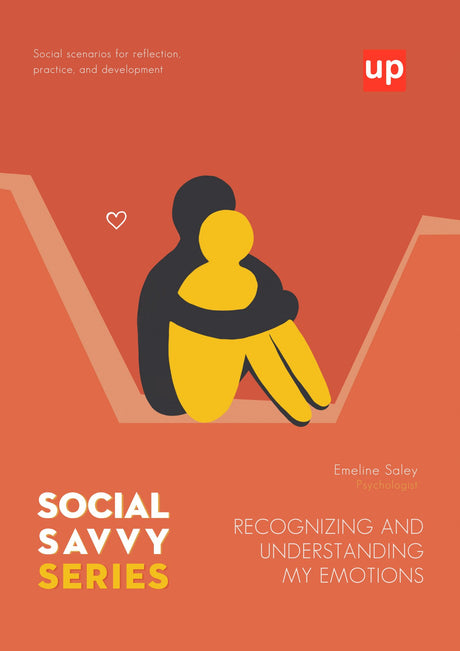Children often tell little white lies to avoid punishment or to push boundaries. But for children with ADHD, lying can become a bigger problem if it isn't handled effectively.
So, why do kids with ADHD lie? The simple answer is that lying may actually be a symptom of ADHD. You might find that understanding the root causes and how to manage them can lead to better parent-child relationships.
Let's take an in-depth look at the connection between ADHD and lies, as well as what you can do to help.
The ADHD Brain
We know that the ADHD brain structure differs from a neurotypical brain. Research has found patterns of lower dopamine levels and smaller prefrontal cortex in people with ADHD. These differences often lead to executive dysfunction.
Executive functions are a group of skills that control processes like memory, focus, and impulsivity. There's no concrete research that defines the connection between ADHD and lying. But theories often point to executive dysfunction as the main culprit.
Why Do Kids With ADHD Lie?
So, why does ADHD encourage lying? There are a few theories why children with ADHD seem to lie more, and the reasons aren't anything malicious.
Coping Mechanism
Both neurodivergent and neurotypical children use lying as a coping mechanism. They want to avoid punishment, so they insist they didn't break the cup or hit their sibling. But this can become a deeper problem for children with ADHD.
They may lie about completing strenuous tasks like homework. While on the surface, this seems like a typical kid's lie, it can actually signal that they need more help. Their homework might be too difficult to process, or they're struggling to focus.
Lying as a coping mechanism is easier than asking for help, especially if they feel ashamed or experience bullying. This is often seen at school and is a challenge for educators.
Impulsivity
One of the most obvious signs of ADHD in children is a lack of impulse control. Impulsive speech might cause them to lie without processing the situation. It might also drive them to be naughty without any awareness.
For example, they might do something impulsive, like drawing on a wall with crayons. The action is beyond their control, and once they realize what they've done, they lie. When they say, "I didn't do it," they truly believe that they didn't mean to do it.
Communication Problems
A surprising reason for children's lies might be as simple as communication problems. Telling them to clean their room while their focus isn't there means they won't remember the task. At school, they might get lost in a list of directions to follow and lie when their work isn't correct.
How Can Parents Help?
The first step is separating harmful lies from lies as a symptom of ADHD. The latter shouldn't be punished as it can lower self-esteem and motivation. But as a parent, you can address the deception in different ways:
- Avoid shame, focus on understanding
- Determine the cause of the lie
- Educate yourself on ADHD and lying
- Allow your child to have a say in the solution
- Model truth-telling as much as possible
One of the most impactful ways to help is by addressing executive dysfunction. Start by educating yourself, then implement methods to improve executive function. You'll likely see a significant decrease in impulsive lies.
The Connection Between ADHD and Lying
Lying as a symptom of ADHD can be frustrating for both parents and children. You may feel stuck between wanting to punish your child and knowing that it's not the answer.
The best thing to do in this situation is to learn as much as possible about this connection. Then, develop a plan that targets the causes of lying rather than the lies themselves.
Start by browsing Upbility's catalog of digital resources for ADHD. We offer tools and worksheets to help effectively manage your child's symptoms!
by Alice Kassotaki - Speech Language Pathologist MSc, BSc
copyright Upbility 2022
You can also read:
- ADHD and Substance Abuse in Teenagers A Research
- Teaching Students with ADHD: Strategies for an effective lesson
- 5 Tips For A Happy Summer For Kids With ADHD
Suggested Books on ADHD:









